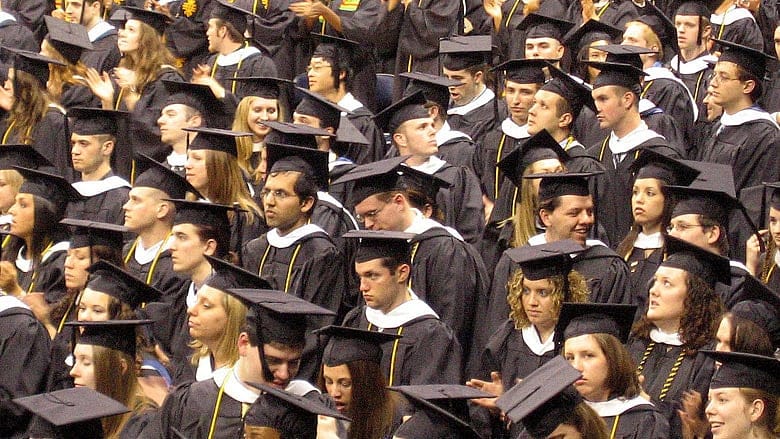Set our students free

Let's start with a couple of thought experiments. What do you think is the predominant world view of the average American public high school graduate? That is, how would he or she answer such fundamental life questions as, "What is a human person really?" "What is a noble and worthy life?" "How should I spend my life?"
Related questions crying out for answers are:

